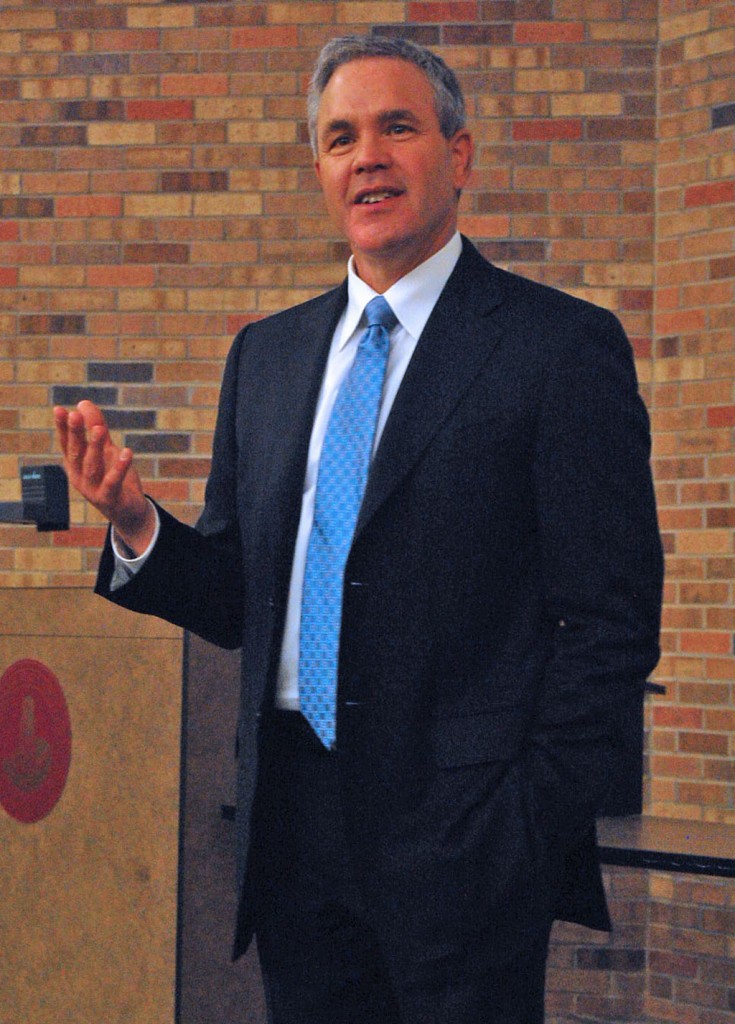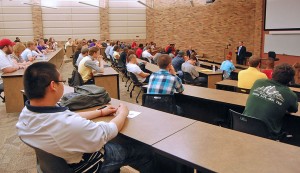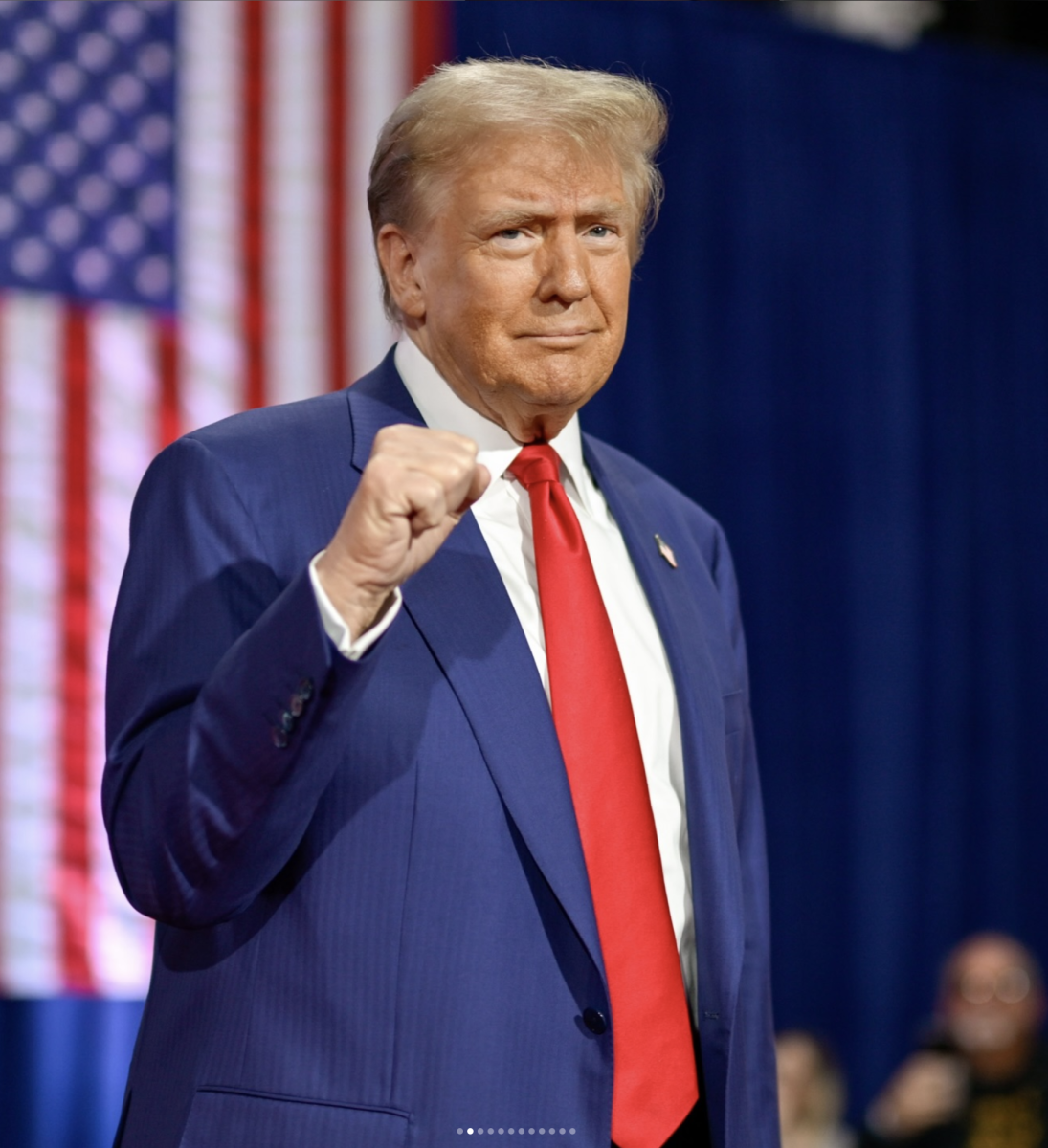Steve Felice, the president and chief commercial officer of Dell, came to speak to students on campus on his life and career on April 18.
 “Steve Felice was one of the people who said that wireless might become really big,” Jeff Stambaugh, said director for the Lalani Center for Entrepreneurship and Free Enterprise.
“Steve Felice was one of the people who said that wireless might become really big,” Jeff Stambaugh, said director for the Lalani Center for Entrepreneurship and Free Enterprise.
Before joining Dell, he served as chief executive officer and president of DecisonOne Corporation, served as vice president in planning and development with Bell Atlantic, and spent five years with Shell.
While working at Shell, Felice said he worked with a lot of financial jobs, and during his time with the company, he learned a lot more than finance helping with five positions.
“For people who want to run and manage big businesses,” Felice said. “They often skip over the part about managing people, but it is a really important part. The real part about leading large organizations is knowing how to motivate people when they all have different desires.”
Felice joined Dell in 1999 and held several roles in the company including positions in sales and consulting service organizations, and he was at MSU to explain the strategies behind Dell’s successes and failures.
“The history of Dell has relevance,” Felice said. “Dell is a pretty unique company and it was extraordinarily unique, and unique in this way because it is very rare to have a level of competitive differentiation that it so strong and last so many years. And the way I like to describe it is think of if you could buy a Cadillac for the price of a Chevrolet. If you had enough money to buy this Cadillac, which one would you buy? How many times do you think someone could build a Cadillac for the price of a Chevrolet? It is not very common to have the same cost structure.”
According to Felice, 20 years ago Dell could build a computer that was rated the number one computer in performance, quality of service, and reliability.

“We took the just in time theory of manufacturing and applied them to the computers,” Felice said. “Our competitors would say ‘I am going to guess what the people want then build them then store them and I am going to put them in a retail distribution network,’ but what Dell said was that I was going to create a way for customers to call us and tell us what they want in their computer and I would build it until they buy it.”
Felice said building a custom computer was a differential point. People liked custom building computers and he did not have to carry any inventory, which saved a lot of money on storage.
The failure of Dell came when the company did not see that this strategy would stop working, Felice said.
He explained that all business strategies eventually run out of juice.
He used Apple as an example and said the company’s strategy worked really good at first, but not it was dwindling down and Samsung is becoming a big competition with their different strategy.
“Making technology that was affordable to people brought technology all around the world like to India,” Felice said. “But ever strategy loses its juice at it is up to the company to know when a company is declining five years before it starts to prevent it.”






















